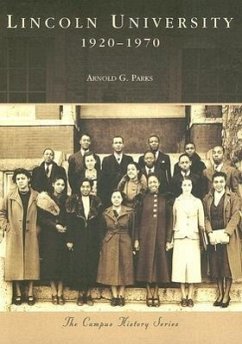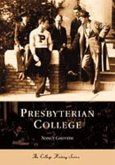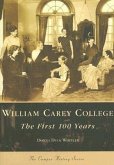Lincoln University was founded in 1866 for the education of freed blacks after the Civil War. This book focuses on the years between 1920 and 1970, a span of time during which many of the university's most signifi cant developments occurred. During this period, Lincoln Institute was elevated to university status, and graduate programs were added to the curriculum. A court-ordered law school was established and graduated many accomplished and respected African American attorneys before disbanding in the 1950s. During this era, the university was often referred to as "the Harvard of the Midwest" due to the acclaimed reputation of its faculty. Many alumni have made outstanding contributions at local, state, and national levels. After the 1954 United States Supreme Court Brown v. Board of Education of Topeka decision, the university integrated its student body. As a result, student enrollment changed dramatically from all black to a signifi cantly white clientele. Today the university retains its designation as a historically black college/university.
Hinweis: Dieser Artikel kann nur an eine deutsche Lieferadresse ausgeliefert werden.
Hinweis: Dieser Artikel kann nur an eine deutsche Lieferadresse ausgeliefert werden.








